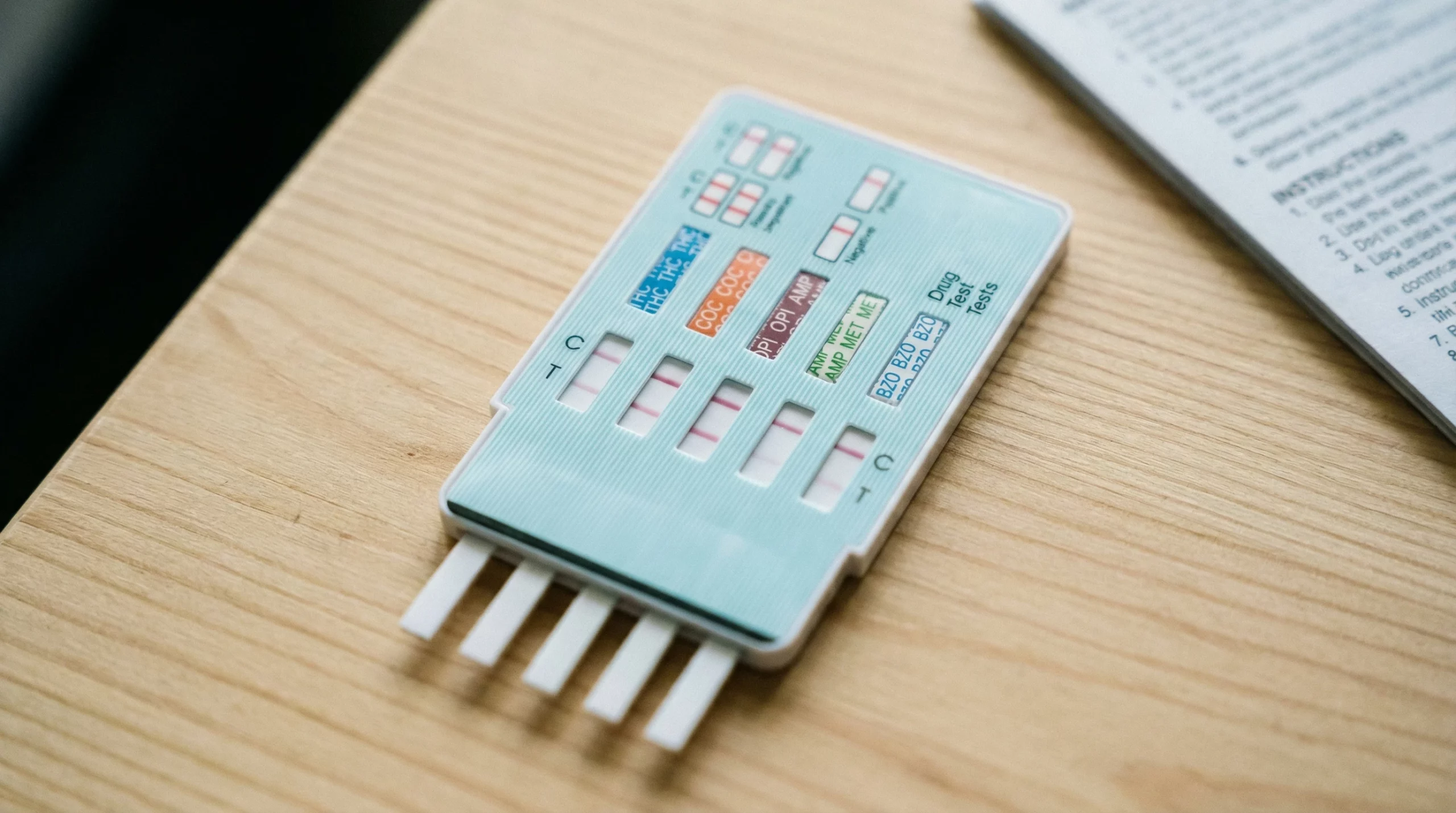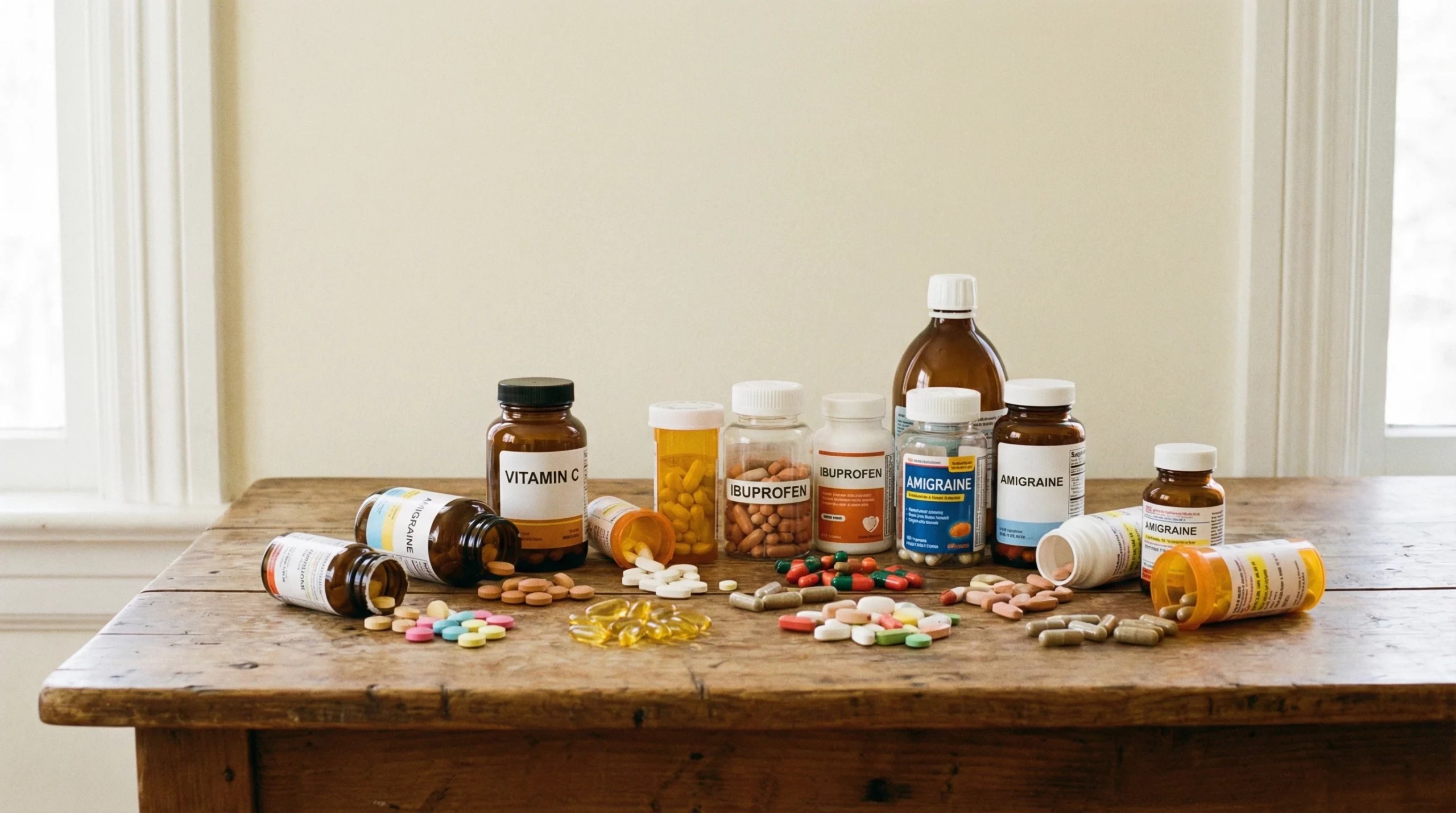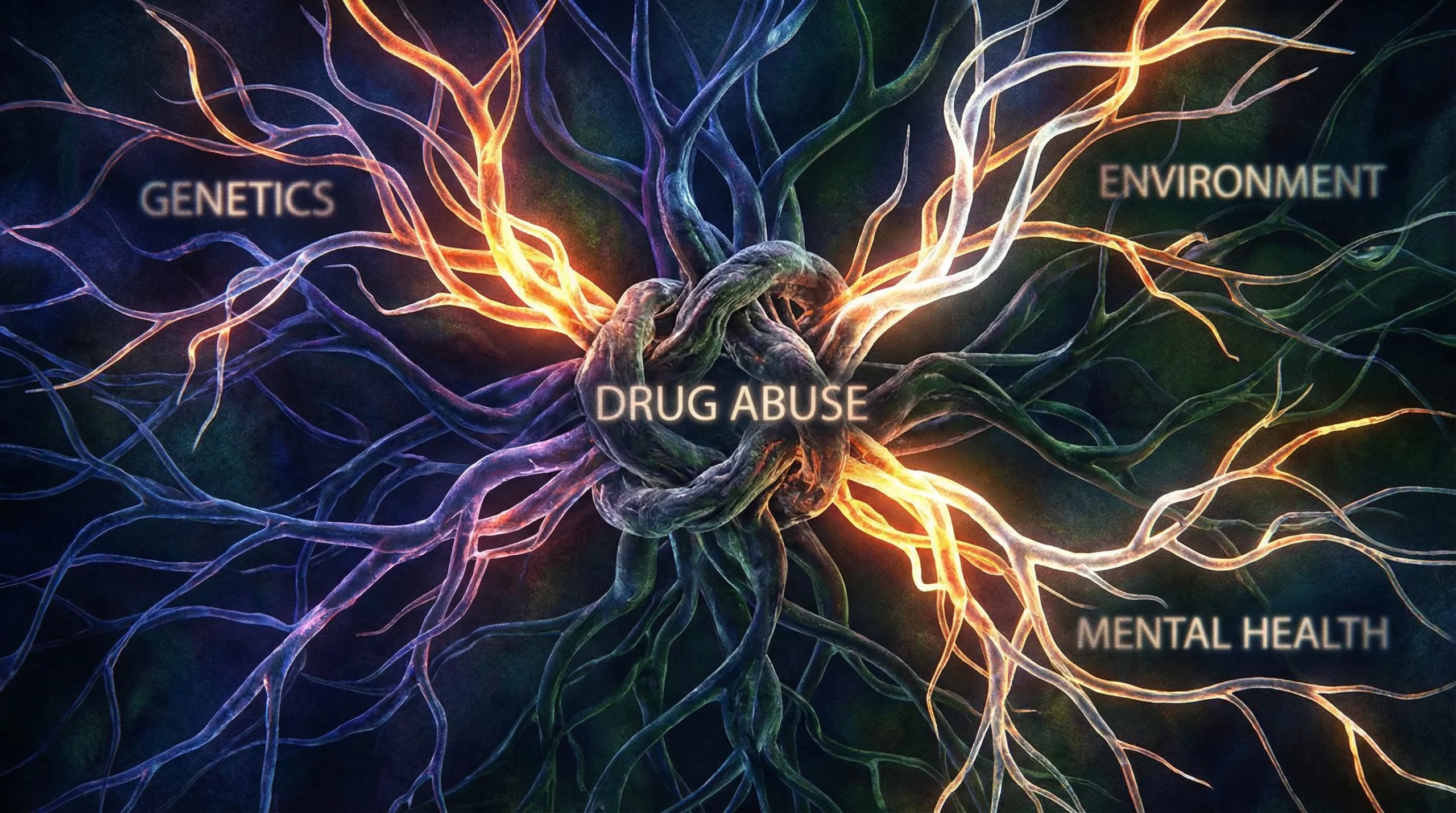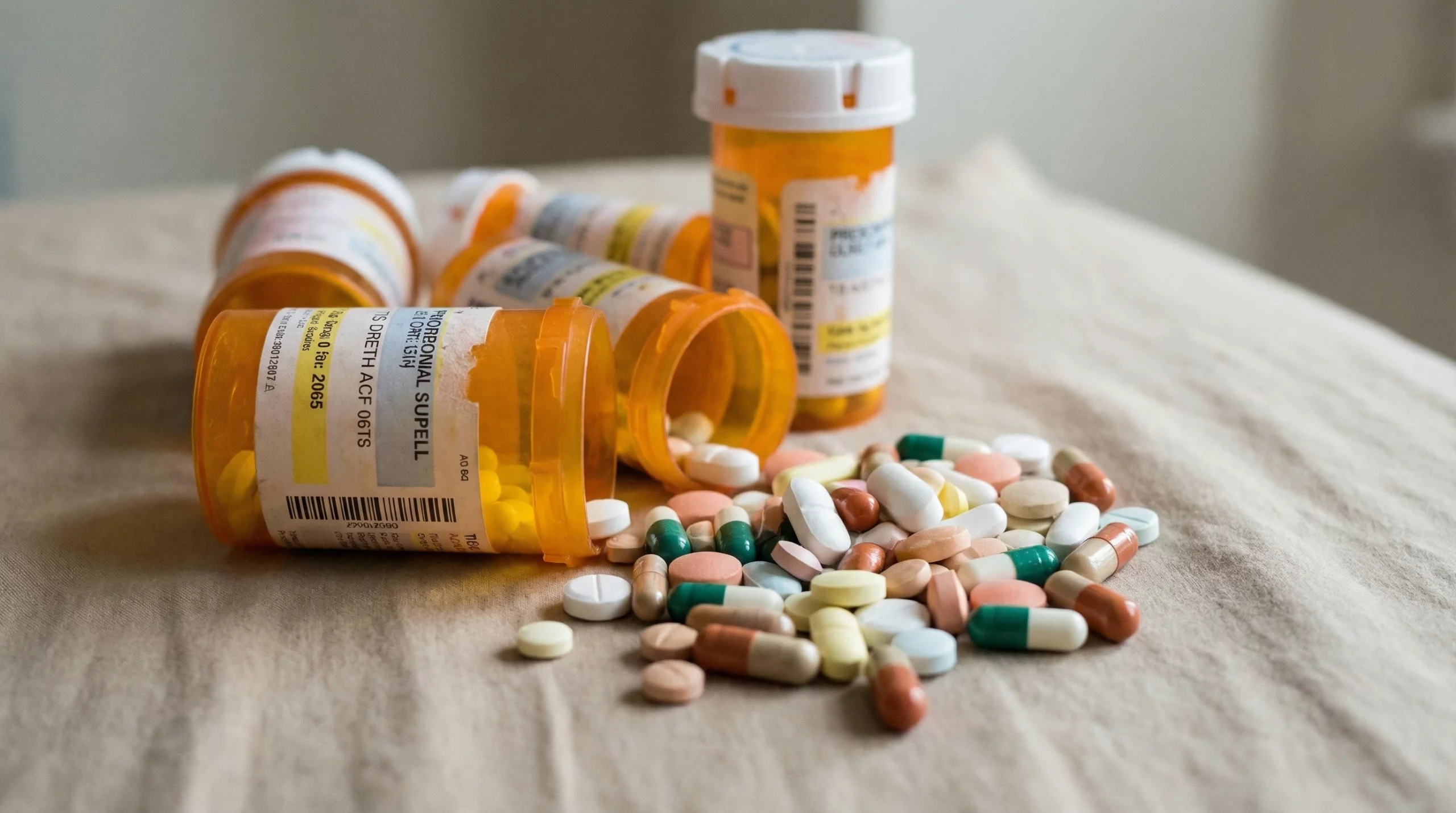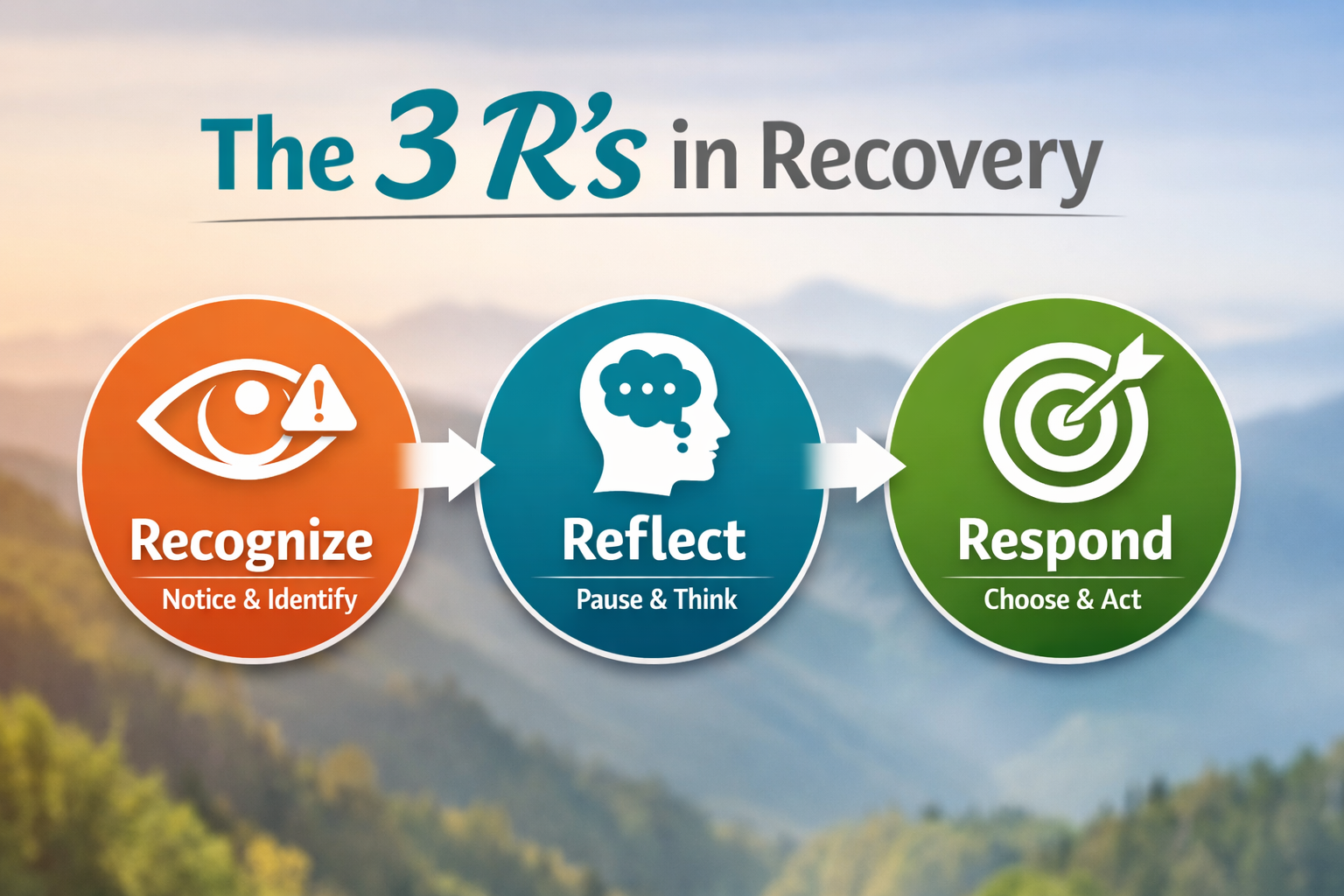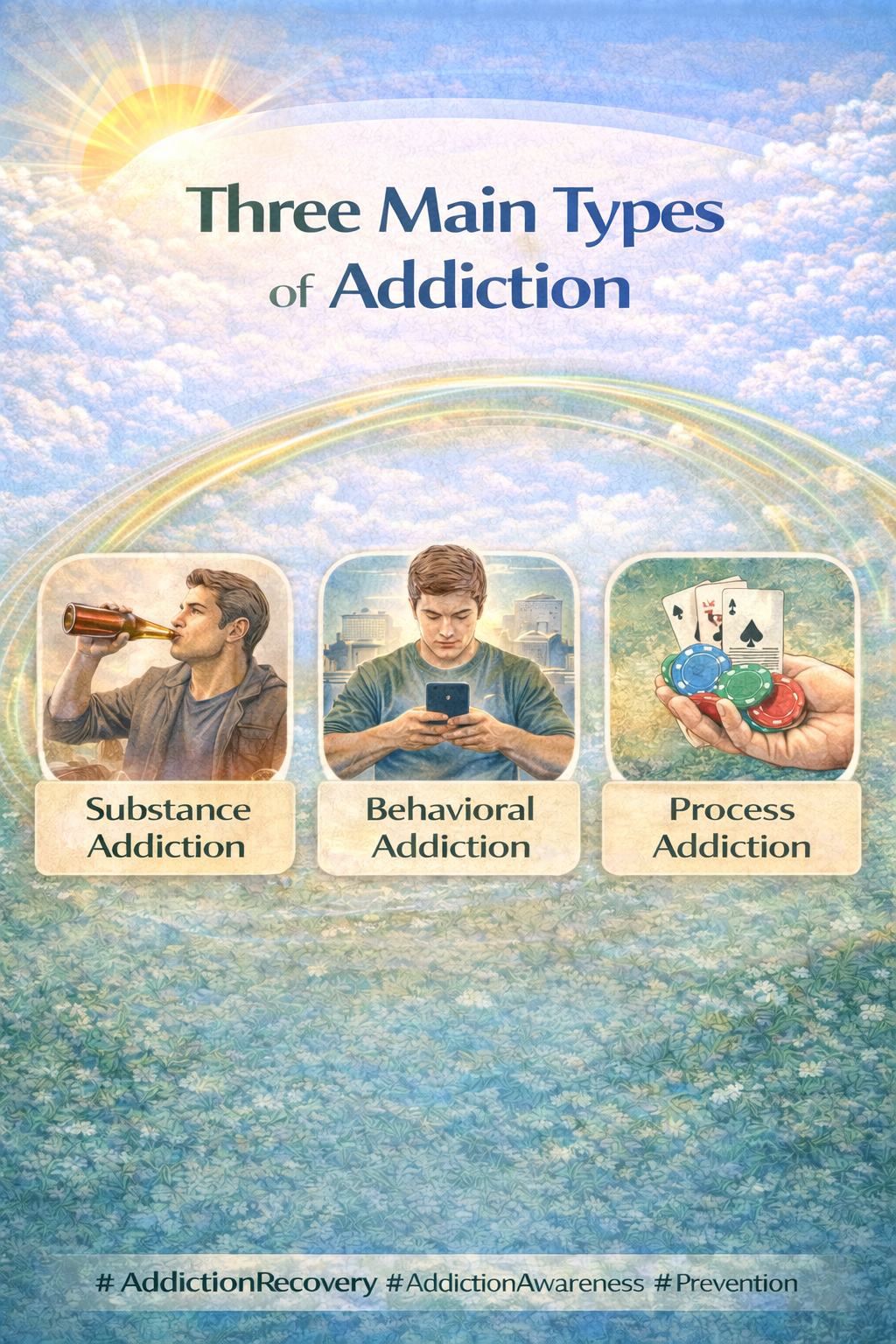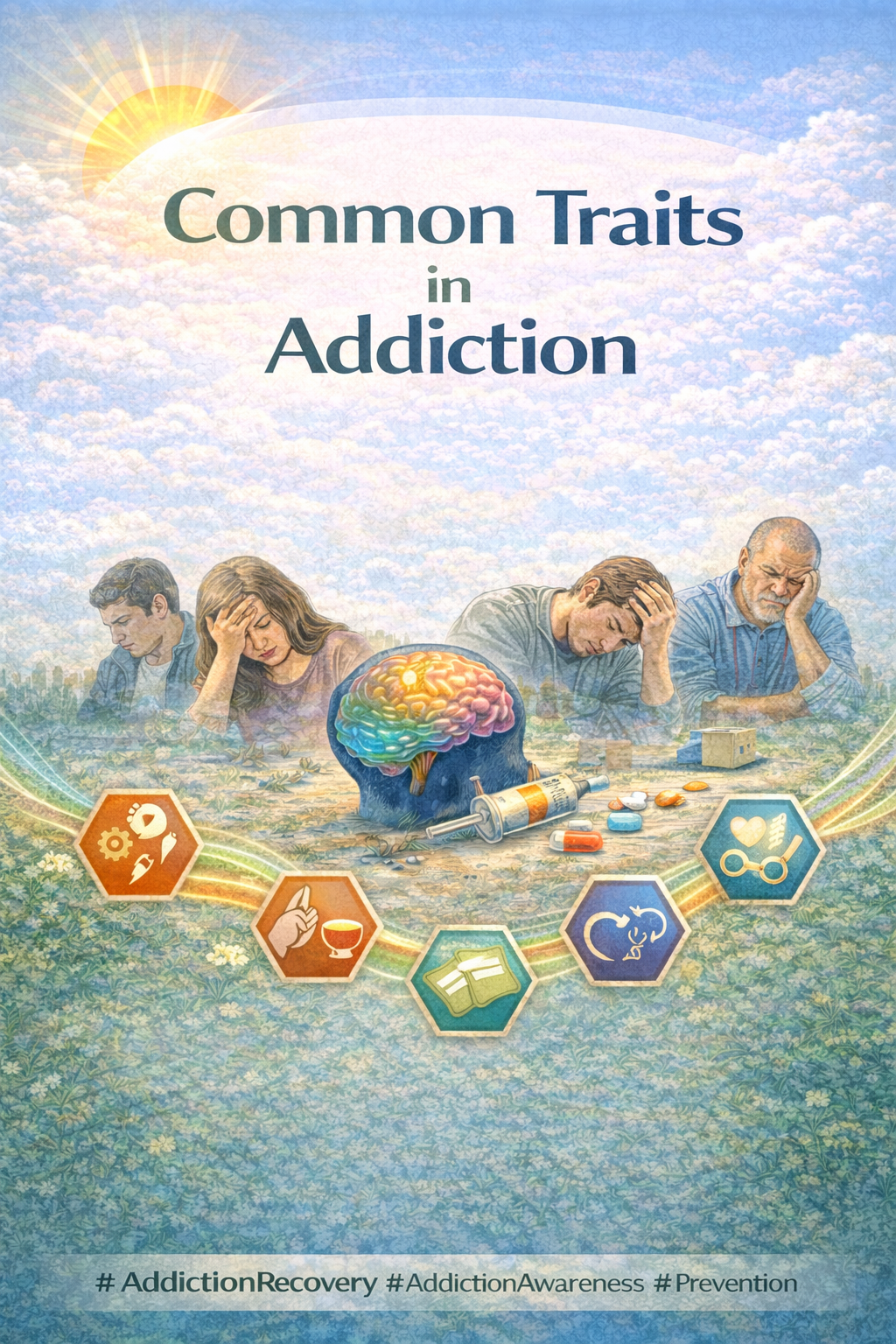The 13-Panel Drug Test Explained
If you’ve ever wondered what a 13-panel drug test looks for, you’re definitely not alone. These tests are often used in workplaces, rehab centers, and even legal settings. I’ve researched and broken down what you need to know about 13-panel drug screens, so if you’re browsing for info or just curious about what’s being checked, … Read more
